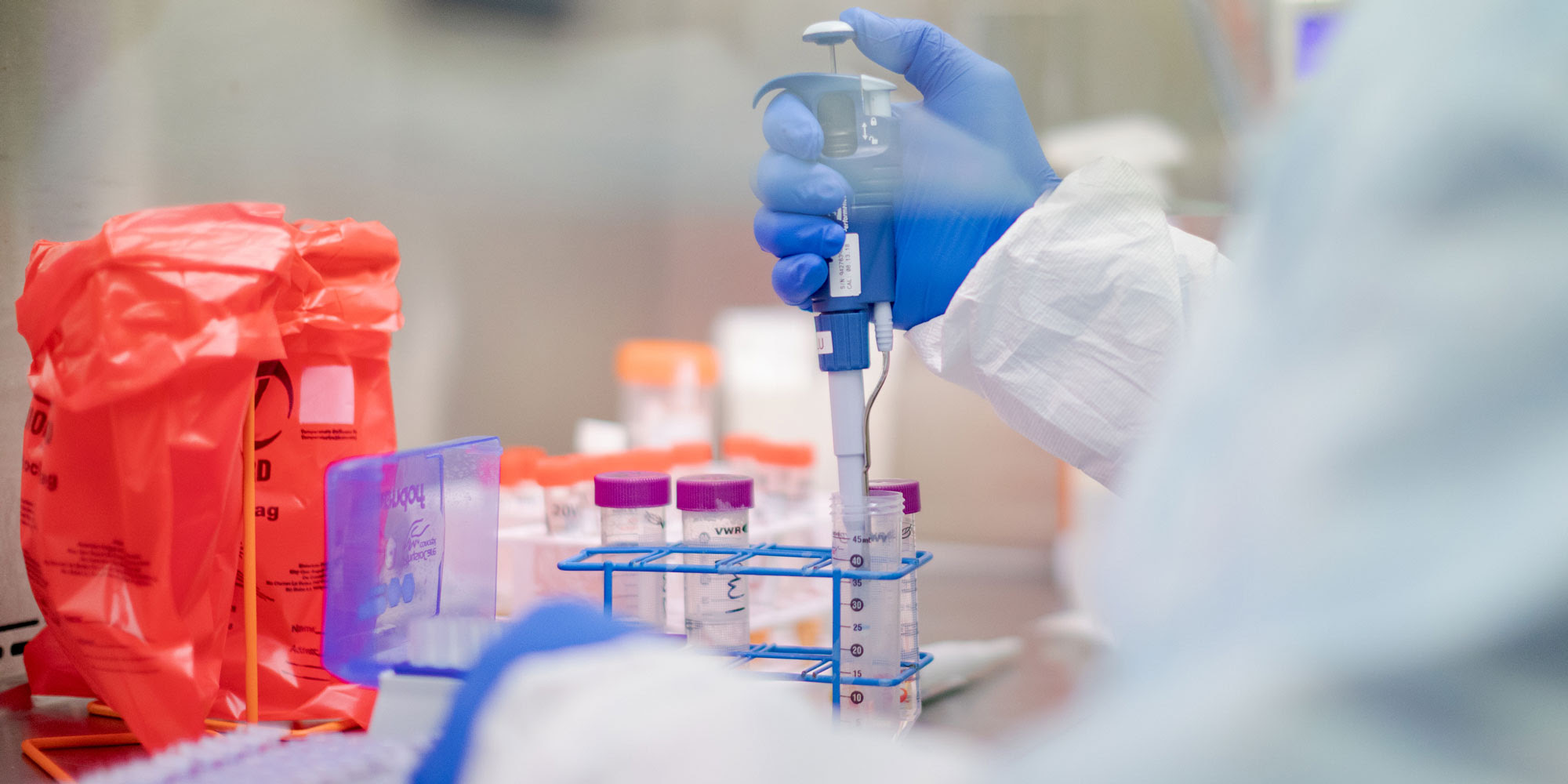
LOCAL
States lose out for competing supplies
North Dakota came up short on Monday for obtaining crucial testing supplies required to process COVID-19 samples. The state planned to run mass testing events in Fargo and Williston but was forced to cancel them as they did not have enough material to run the COVID-19 samples through its test machinery. Governor Doug Burgum said, “we now have thousands of tests that have been collected that have not been processed,” and “we’re competing against all 50 states, FEMA, other federal agencies, trying to move [supply] orders to hot spots, of which we’re not.”
Across the states, governors are being forced head-to-head bidding for testing and other critical healthcare material including PPE and ventilators. While the Trump administration continues to assert that the United States is well-stocked and well-prepared to test people, governors across the US have pleaded with the administration to produce supplies they said that have not arrived. The governor of New York described it as bidding against 50 states on eBay for a ventilator, saying, “You now literally will have a company call you up and say, ‘Well, California just outbid you.’"
The event in North Dakota was intended to test essential workers and people who had close contact with patients diagnosed with COVID-19. The state needed “deep well plates” to run their samples. After putting a call out to state universities they were able to locate some, but not the total amount required.
President Trump has praised governors, saying, “it’s incredible the way they’ve stepped-up...So we hope we can get rid of this thing quickly," but to some it underscores that they have no choice. Even across the political spectrum, they are now publicly speaking out about his rhetoric and asking questions about how well prepared and stocked the US actually is to test and care for coronavirus patients.
Startribune
New York Times
Listeria cover-up
Back in April 2015, supermarkets in Texas were scrambling to remove Blue Bell ice cream from their shelves. Blue Bell ice cream products contaminated with Listeria monocytogenes bacteria lead to a multistate outbreak resulting in 10 hospitalizations and ultimately three deaths. This outbreak also resulted in 1,400 of its 3,900 employees being laid off, and 1,400 more put on partly paid furlough. This outbreak resulted in the identification of cases reaching as far back as 2010 that were identified through a retrospective review of the PulseNet database that matched isolates collected from Blue Bell ice cream samples.
Last Friday, Blue Bell ice cream company pleaded guilty to two misdemeanors of distributing adulterated ice cream and agreed to pay $19.4 million in fines and settlements related to the 2015 outbreak. In addition, the former CEO Paul Kruse was charged with conspiracy in connection with his repeated efforts to cover up the outbreak according to federal prosecutors. This is the second-largest amount to ever be paid to resolve a food safety case; the largest was Chipotle Mexican Grill that agreed to pay $25 million for serving tainted food between 2015-2018.
According to the courts, Mr. Kruse, created a scheme to cover up some products that tested positive for listeria and directed employees to stop their testing program for listeria despite receiving positive results from the lab. Additionally, he did not order the recall of the affected products despite the company notifying federal regulators that they would recall them as quickly as possible. The defense replied saying that Mr. Kruse was innocent of the charges and that “Blue Bell did the best they could with the information they had at the time.” No date has been set so far for Mr. Kruse’s initial court appearance.
New York Times
CDC
INTERNATIONAL
Masks required in public spaces in Germany
In Germany, it will become mandatory in much of the country to wear masks on public transportation and in shops, with some regions imposing fines on those who do not. This follows the reopening of small shops in the country after a month-long government-imposed lockdown.
Germany has the fifth highest number of confirmed cases. In response to the COVID-19 crisis, the Chancellor Angela Merkel implemented strict social distancing rules limiting public gathering to two people and cancelling public events. Fines will range depending on the region, but in Bavaria people can expect to be fined around $160 dollars for not wearing a mask. Additionally, businesses who let customers in without a mask or are caught not wearing masks themselves may have to pay more than $5,000 if they are caught.
Authorities said that masks do not need to be medical grade and cloth coverings such as scarves and home-made masks that cover the mouth and nose can be used. Some medical experts have said the use of non-medical masks will have little effect on slowing the spread of the virus and could even encourage it if masks are worn incorrectly. That being said, decision makers say that wearing masks is altruistic and sends out the signal of the social responsibility individuals have to help protect others.
On the flip side, car drivers have been told to not wear masks while driving, and if caught will receive a fine. This is largely so speed cameras, traffic cameras, and police surveillance can still recognize individuals while driving. It has been a law since 2017 that it is illegal to cover one's face while driving. Although it does not apply to the passenger, it raises the question of what taxis and ride shares would look like if the driver is not able to wear masks.
NPR
The Guardian
